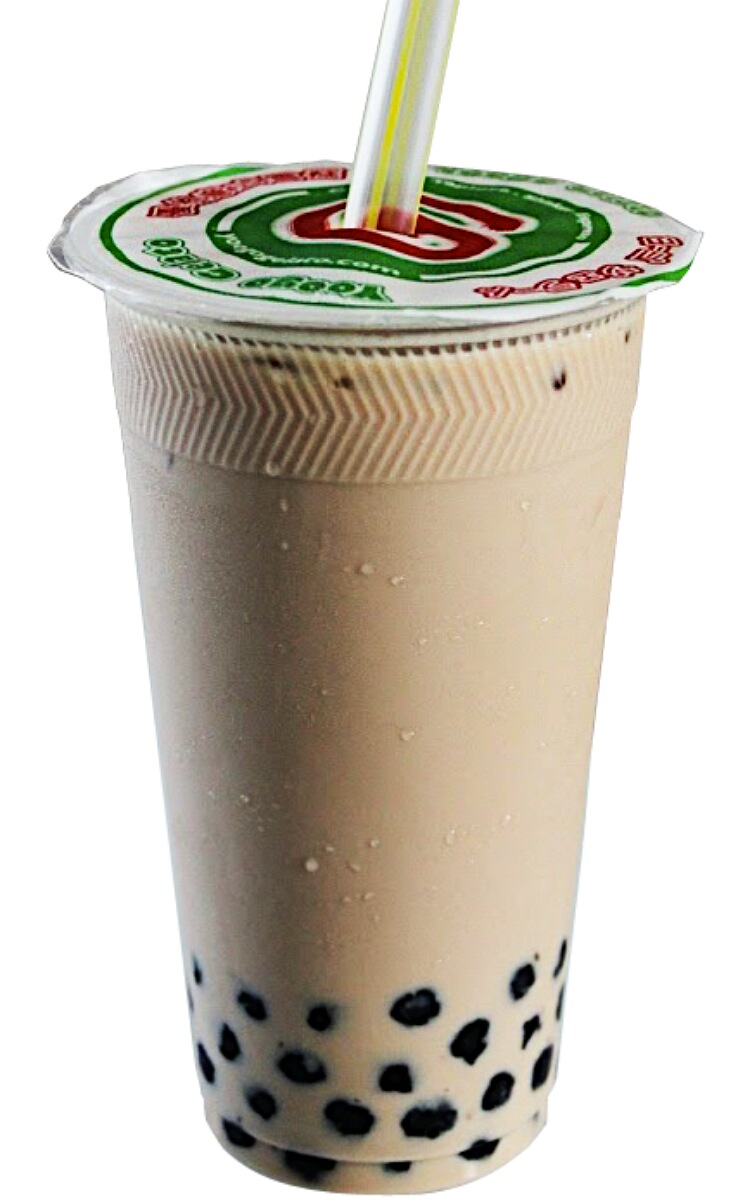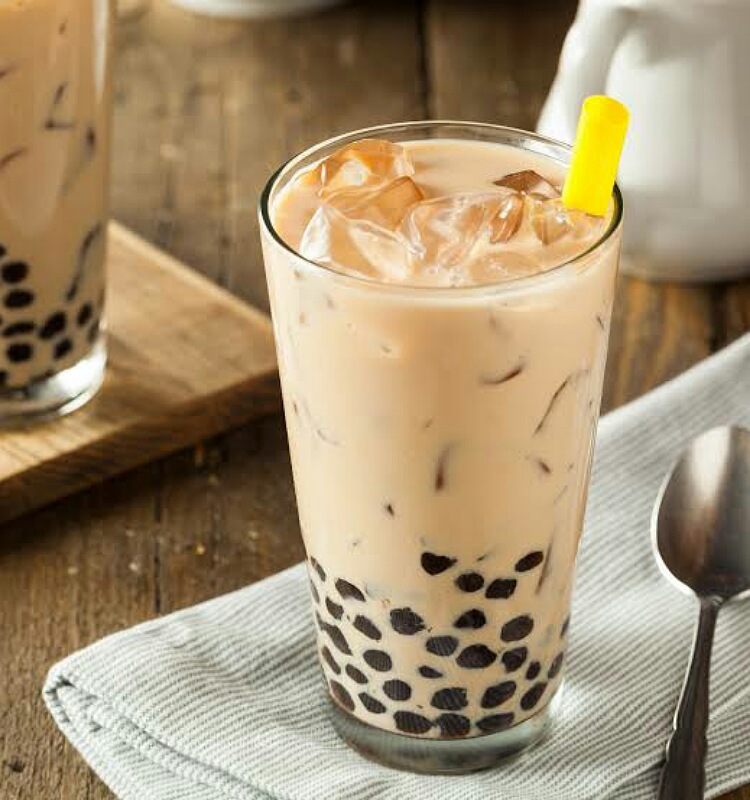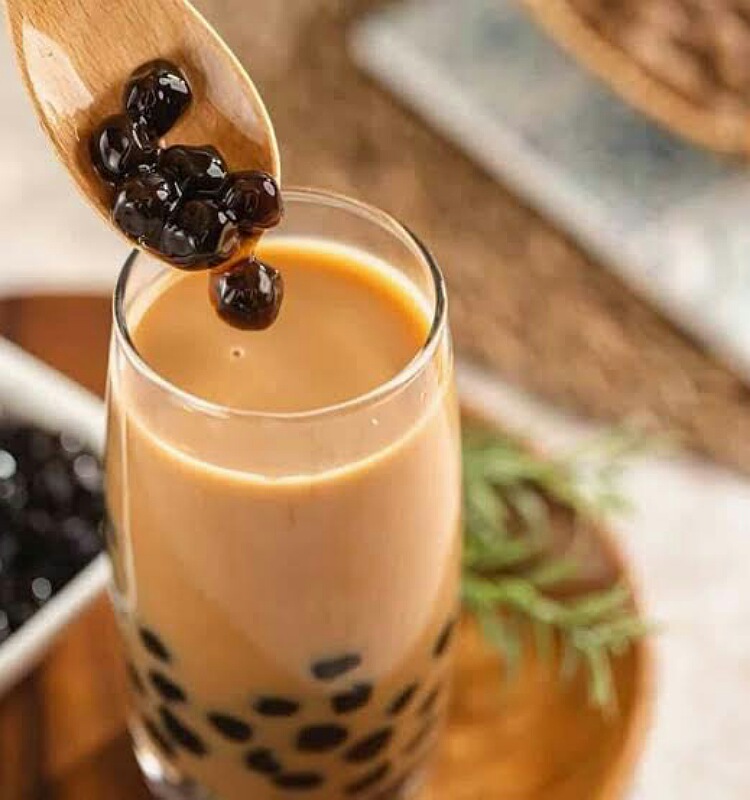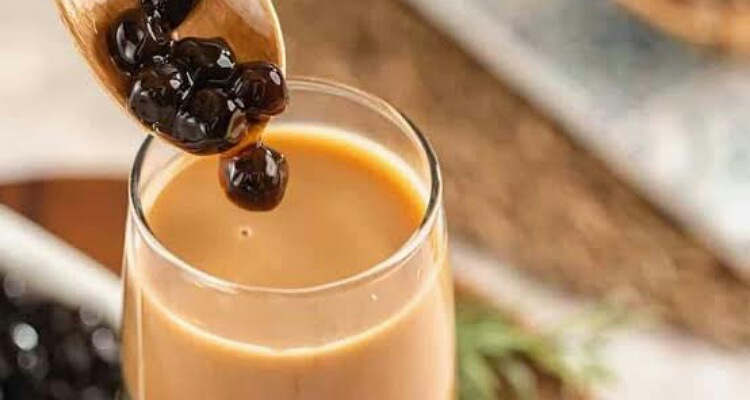Bubble tea or Boba is a beverage that originated in Taiwan. It is tea with milk and flavored syrup and tapioca balls of pearls. What is its use? Does it have any additional health benefits?
What is bubble tea?
The idea of bubble tea or boba started in Taiwan. This was in the 1980s and it became quite a craze. In this, milk and flavored syrup are added to black tea.
But along with it, the tapioca pearls or balls are out into this tea. These pearls are made from the starch that is harvested from the roots of the cassava plant. The result is that these pearls of starch give the tea a unique chewy texture.

Many people like and relish this different taste of their tea. There can be other additions as well to the tea and these include red bean, grass jelly, lychee fruit pulp, coconut jelly, mango, coffee, sago, custard, or aloe vera.
The other names of this tea are Pearl milk tea, Boba milk tea, Boba tea, Boba Nai cha, and tapioca tea. This tea is served hot or cold. Both forms are delicious.
Some bubble teas are without milk. One can also use green tea or oolong tea to make it. And in milk teas, one can use powdered milk, fresh milk, soy milk, almond milk, coconut milk, or condensed milk.
More on boba
The original bubble tea was consisting of hot Taiwanese black tea with cassava tapioca pearls, condensed milk, and syrup or honey. Now, this is mostly preferred in cold form.
Special cafes catering to only bubble tea have cropped up in the world. Plastic lids cover the cups but the authentic is machine-origin cellophane that seals the top of the glass.
This makes it spillproof and easy to shake. A large straw pierces this cellophane to allow drinking. Inspirations from this tea are bubble tea ice cream and candy.

The sugar used is varied in type and concentration. The amount of ice used also depends on a person’s choice.
Boba and health
Boba can reduce the risk of arthritis, cardiovascular disease, diabetes, and cancer like normal tea. But it has high sugar content. Hence like all sugared products it has a risk of causing heart ailments and diabetes.
The addition of non-dairy creamers and other toppings such as cheese can raise the risk of chronic diseases. Non-dairy milk substitute has trans fat and can increase the chances of stroke and heart disease.
The tapioca pearls add to the calories and hence weight conscious people should be careful in drinking it. Some studies linked it to cancer. But boba has nothing in it that is carcinogenic. It does have caffeine like in regular tea.

Read more: Boiling vs steaming foods: Which is better?
Considering the above, it is best to have boba only occasionally and not as a routine. Have it in moderation and do not put too much fatty toppings on it.
